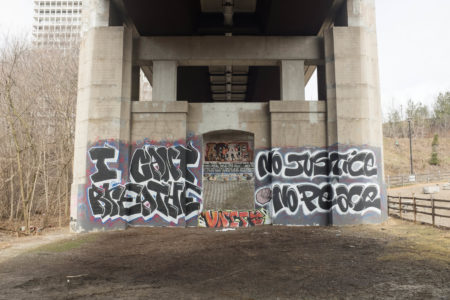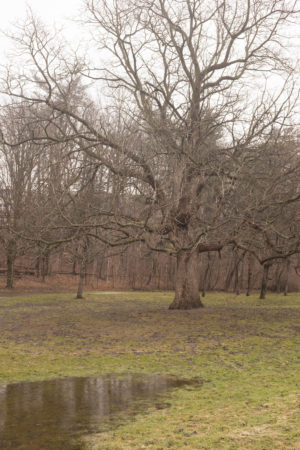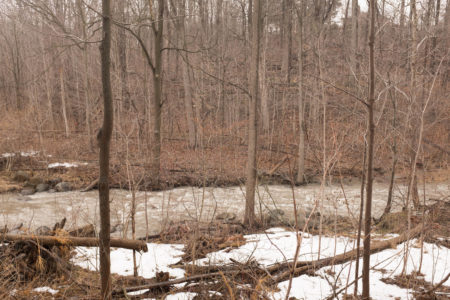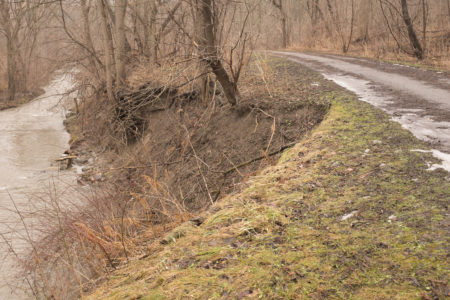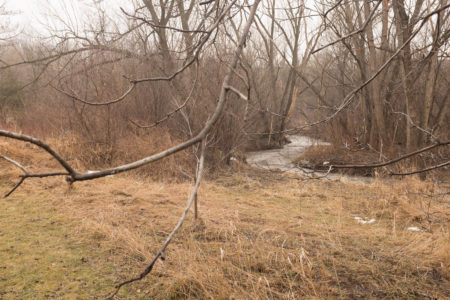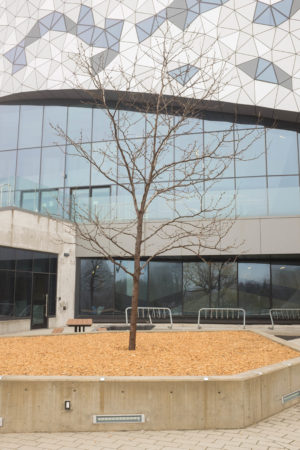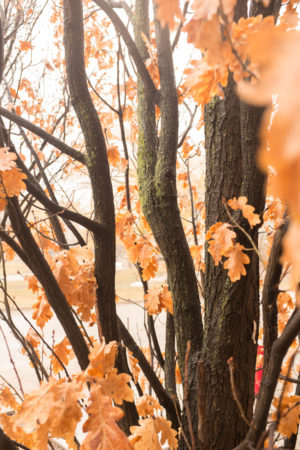Open thread: 2022 Liberal-NDP consent and supply agreement
The Trudeau Liberals have made a supply and confidence agreement with Jagmeet Singh’s NDP.
According to the CBC, the climate-related elements are:
“A commitment to phasing out federal government support for the fossil fuel sector — including funding from Crown corporations — starting in 2022.
A commitment to finding new ‘ways to further accelerate the trajectory’ to a net zero economy by 2050.
A ‘Clean Jobs Training Centre’ to support retraining for energy workers as Canada moves away from fossil fuels.
Pretty weak sauce, I’d say, when we’re beginning to experience a potentially civilization-ending calamity, but that’s the state of Canadian politics today.
Growing campus fossil fuel divestment bibliography
As I have been writing drafts of my PhD dissertation, I am working in Microsoft Word for the sake of interoperability with committee members, with the intention of submitting the dissertation in LaTeX format after the defence. My footnotes are just unique identifiers to sources listed in my developing public bibliography.
In it’s way it must be one of the most comprehensive cross-indexings of academic and journalistic writing on fossil fuel divestment campaigns at universities and related matters.
It’s the sort of document it’s fascinating to imagine looking at as some sort of human-computer hybrid or hyperintelligent AI which could take it all in and cross-reference with no restrictions on the number of items it can hold in memory and compare at the same time.
The bibliography is also a valuable document because of how link rot is making many of the sources unavailable as websites are taken down and reorganized. Because of all the specialized information I have been able to collect about the movement, I have been able to find Wayback Machine archives for dozens of sources that are no longer accessible at their original locations or the URLs cited in other documents.


